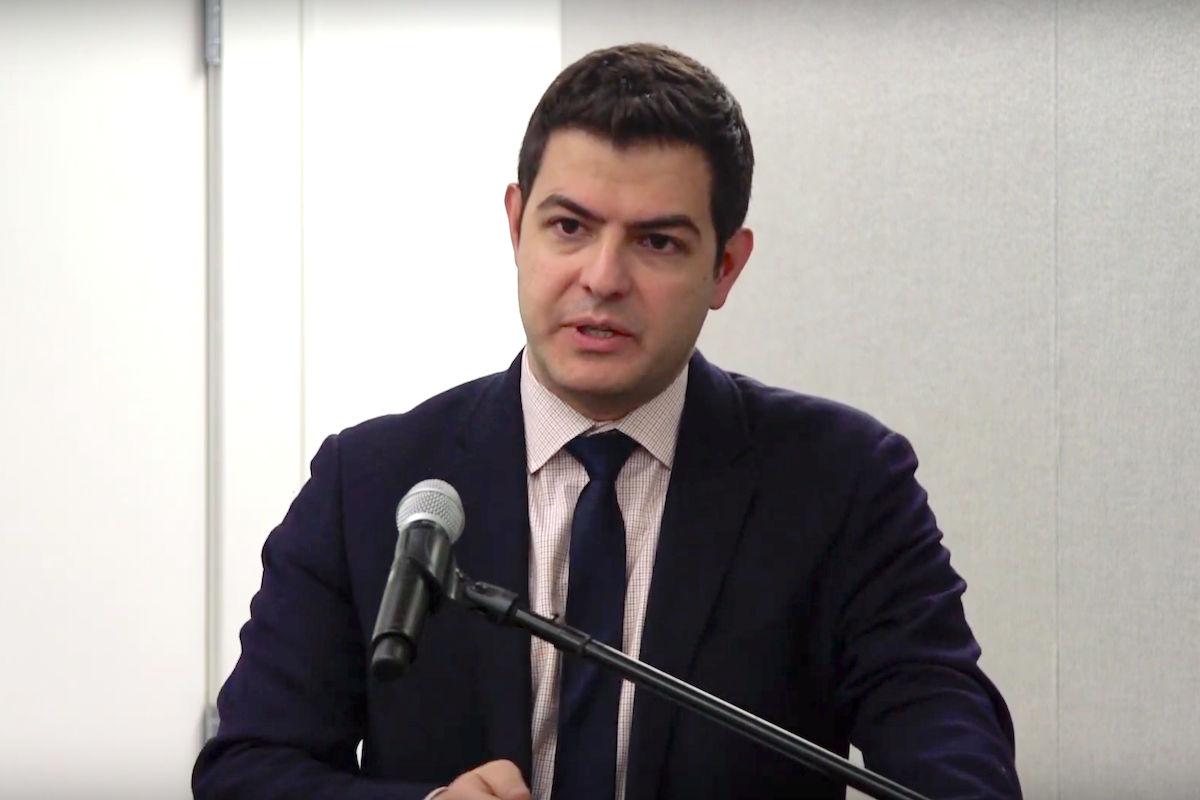Culture Wars
The Rise of the Illiberal Right
Of course liberalism is not perfect, and it may well be in need of a course correction.

In recent days, American right-of-center Internet has been consumed by an often acrimonious and sometimes comical public drama: a polemical battle over an essay by author and New York Post oped editor Sohrab Ahmari entitled “Against David French-ism.” The subject of this philippic, published in the religious conservative magazine First Things, is National Review writer David French, who Ahmari considers to be emblematic of a conservatism too weak and effete for the modern-day culture wars. Some of this quarrel is plainly over the simple matter of allegiance to Donald Trump: French is a staunch “Never Trumper,” while Ahmari is a former Never Trumper who, depending on where you stand, either saw the light or surrendered to the dark side. However, it is also a dispute about more fundamental issues related to the future of American conservatism, and the future of liberal democracy.
French, like Ahmari, is a Christian who subscribes to traditional sexual morality. But Ahmari’s quarrel with him is twofold. One, “Though culturally conservative, French is a political liberal, which means that individual autonomy is his lodestar: He sees ‘protecting individual liberty’ as the main, if not sole, purpose of government.” Two, French is a naïve believer in pluralism and civil engagement who refuses to see politics as “war and enmity”: he wants to persuade, rather than “fight the culture war with the aim of defeating the enemy and enjoying the spoils in the form of a public square re-ordered to the common good and ultimately the Highest Good.”
One piquant detail of the Ahmari-French row is that Ahmari himself is a lapsed “David French-ist.” In an essay for Commentary a mere three years ago, he sounded the alarm about the imperiled state of liberalism—not in the common American sense of left-of-center politics, but in the classic sense of commitment to individual rights and political pluralism—and about the ascendancy of “illiberal movements” on the Left and the Right, including Trumpism. But that was then. Now, Ahmari believes the liberal approach simply can’t work for cultural conservatives besieged by an increasingly militant progressivism—not only because the other side seeks total war and total capitulation, but also because valorizing individual freedom and autonomy empowers the enemy.





